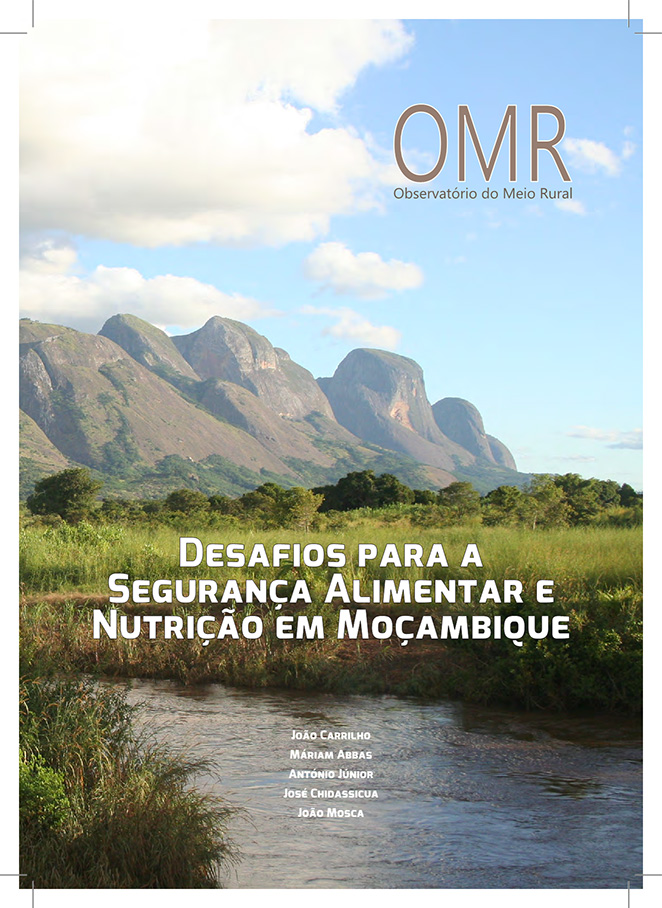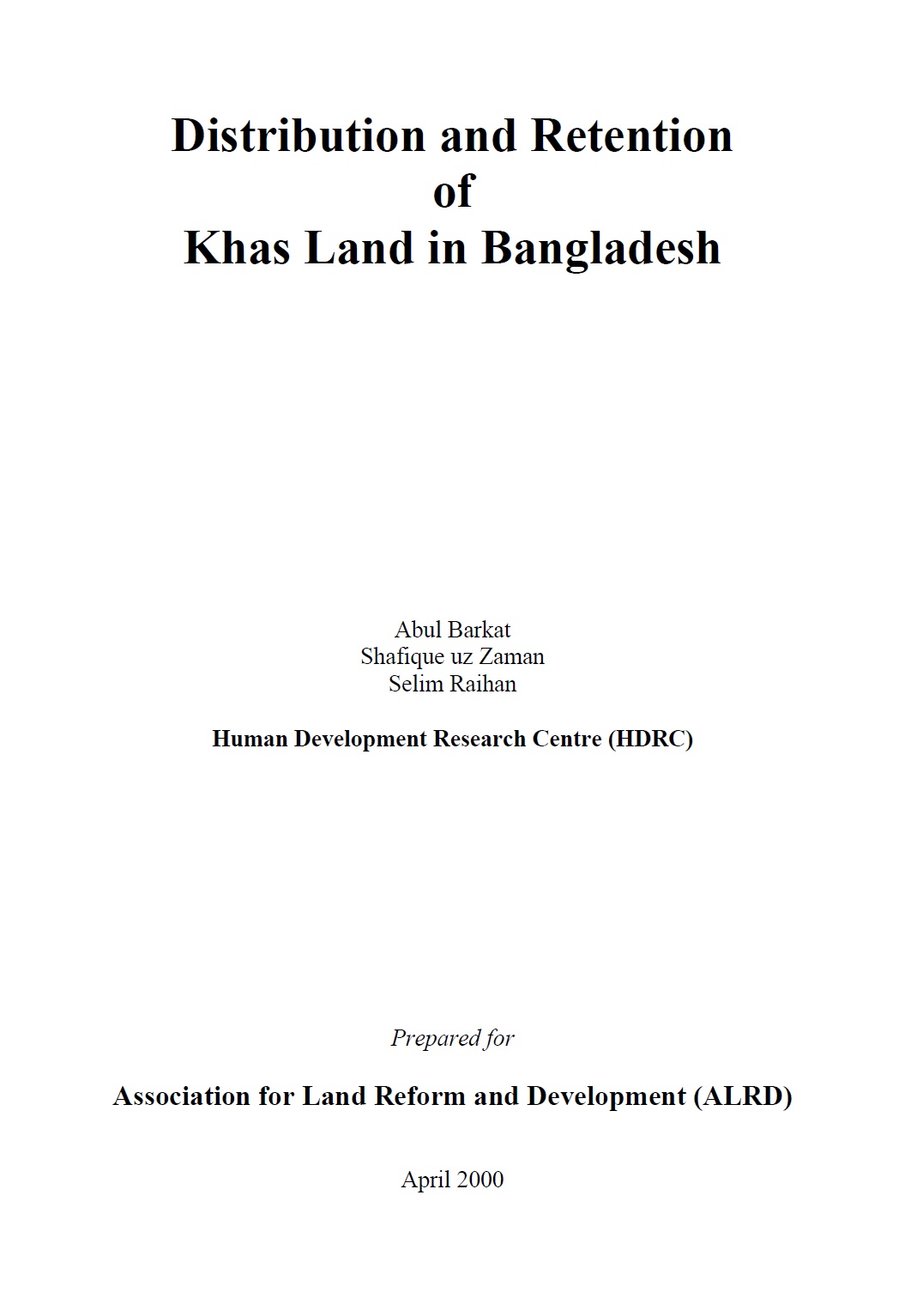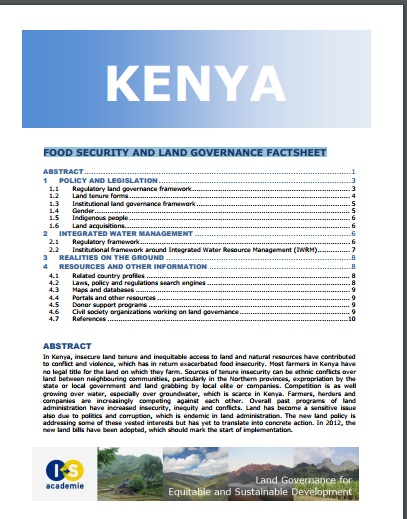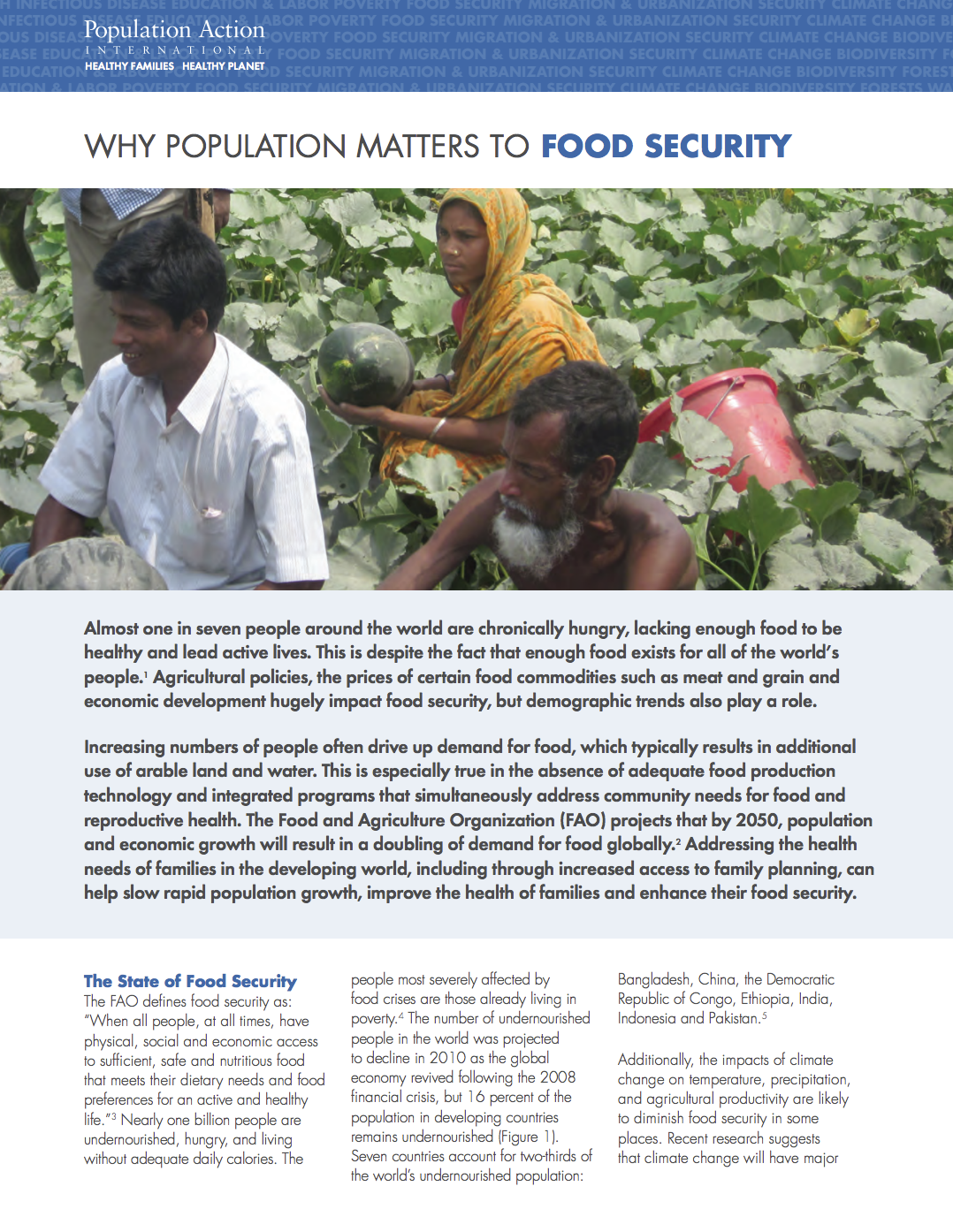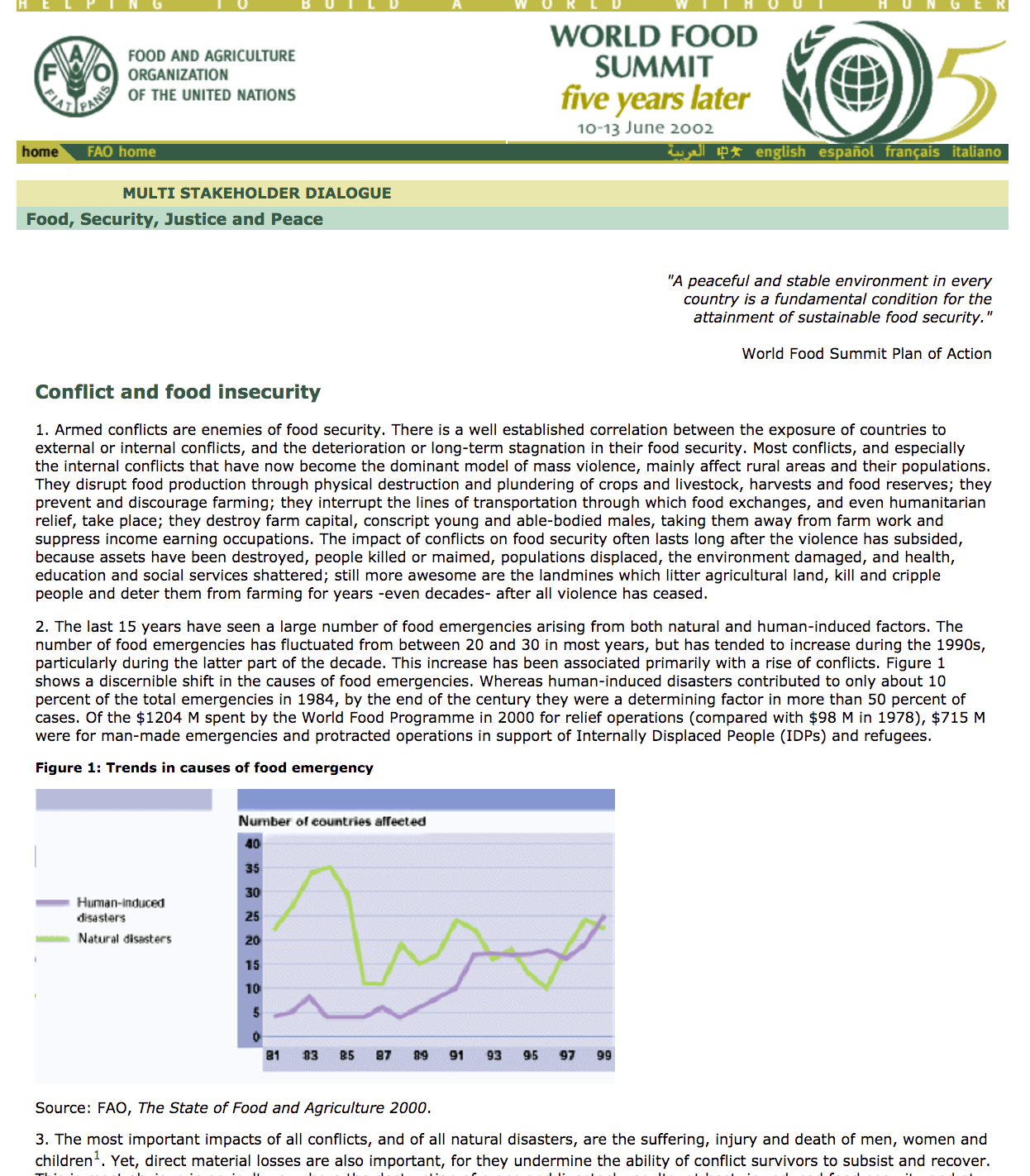Políticas públicas de desenvolvimento rural no Brasil
Mudanças importantes ocorreram no cenário político institucional e nas dinâmicas sociais nos últimos vinte anos no Brasil. O marco inicial destas transformações pode ser fixado a partir da promulgação da nova Constituição que rege o tecido jurídico e societário brasileiro na atualidade. Todavia, fixar uma marca temporal é sempre complicado quando se trata de entender os pro‑ cessos sociais e suas mudanças, especialmente quando sabemos das interfaces entre passado e presente.


